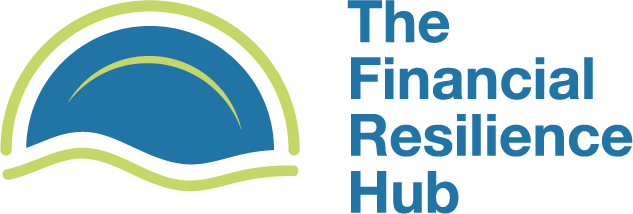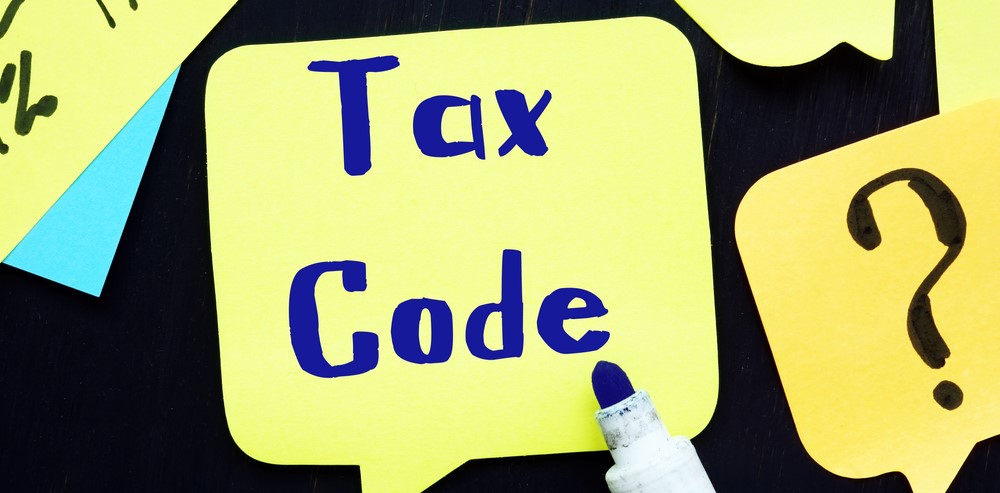
Extracting profits from your company in 2024/25
|
|
If you’re the sole shareholder in your company, you can use your profits for personal expenditure – but you must extract them from the company first.
There are various ways of doing this, some more tax-efficient than others. Although there’s no ‘one size fits all’, and your optimal profit extraction strategy will depend on your personal circumstances, a popular approach is to have a blend of salary, dividends, benefits in kind and pension. Let’s look at your options…
Salary
There are benefits in paying yourself a salary:
👉 Your company will be able to deduct the salary plus any associated employer’s National Insurance when calculating its taxable profits.
👉 If the salary does not exceed your personal allowance, you won’t have to pay any tax on it.
👉 If the salary isn’t more than the Class 1 primary threshold, there’s no employee’s National Insurance to pay either.
It can also be beneficial to pay a small salary to secure a qualifying year for state pension and benefit purposes. This is advantageous if you don’t already have the 35 qualifying years needed for the full state pension. For 2024/25, you need to pay a salary of at least £6,396 (equal to the lower earnings limit for the year). If you pay a salary of between £6,396 and the primary threshold of £12,570, you are deemed to have paid National Insurance contributions at a notional zero rate, which means you get a qualifying year for free!😊
For 2024/25, assuming your personal allowance is £12,570 and isn’t used elsewhere, a salary of £12,570 is free of both tax and employee’s National Insurance. There will, though, be some employer’s National Insurance to pay. That’s because, being the sole employee/director of the company, you’re not eligible for the Employment Allowance*. For 2024/25, employer’s National Insurance is payable at 13.8% on earnings exceeding £9,100 (unless a higher secondary threshold applies). On a salary of £12,570, the employer’s National Insurance hit is £478.86. However, like the salary, it’s tax deductible.
* If you have other employees/directors who have a salary over £9,100, the company will be entitled to the Employment Allowance, so there will be no employer National Insurance to pay on a salary of £12,570.
Other criteria apply but, for the purposes of this blog post, we’ll assume they’re not applicable (for most sole director companies with employees, they’re not).
Dividends
Dividends are taxed at a lower rate than salary and bonus payments so it can often be more tax efficient to extract further profits as dividends – but only if you have sufficient retained profits to be able to do so!
There are some watch points here…
Dividends are paid from profits after tax and can only be paid if your retained profits are at least equal to the proposed dividend.
As dividends are paid from post-tax profits, corporation tax has already been paid at between 19% and 25% depending on the level of the company’s profits. Once the dividend allowance is utilised (£500 for 2024/25) along with any remaining personal allowance (if your salary is under £12,570 for 2024/25), dividends are treated as the top slice of income and taxed at the dividend tax rates. In 2024/25 the rate is:
- 8.75% where dividends fall in the basic rate band, or
- 33.75% where they fall in the higher rate band, or
- 39.35% where they fall in the additional rate band.
Other options
Profits can also be extracted in the form of benefits in kind (e.g., private healthcare, car, etc) or through rent if you own a property individually and the company uses the space as an office. It can also be tax efficient for the company to make pension contributions on your behalf.
Things to remember…
📢 Your financial circumstances will determine your salary, so seek out an accountant to help you calculate what’s best for you!
📢 The information in this blog post was correct at the time of writing. Please check with your accountant for the latest information or, if you don’t have an accountant, join the Financial Resilience Hub to get access to one ours! Alternatively, keep an eye on HMRC’s website for updates.
Get regular access to valuable information like this from an approachable accountant…
…join The Financial Resilience Hub for Q&A sessions, weekly finance and general business tips, in-person and online workshops and access to a growing resource of bite-sized online courses available 24/7. Uncover the full membership benefits.
ABOUT THE AUTHOR

Helen Monaghan is a Chartered Management Accountant, accredited NLP Practitioner & Finance Coach. Both a psychology graduate and an accountancy graduate, she has authored three business books, which beautifully bring together psychology, finance, and tax to empower the reader about money. Helen is the CEO of HM Finance Coaching & Advisory Ltd, a company that provides financial education and business mindset coaching to small businesses across the UK, in addition to accountancy services for limited companies in Scotland and across the UK. Helen is also the founder of The Financial Resilience Hub – find out how we can support you, and your business, to be financially resilient through our monthly membership.
© Helen Monaghan






Responses